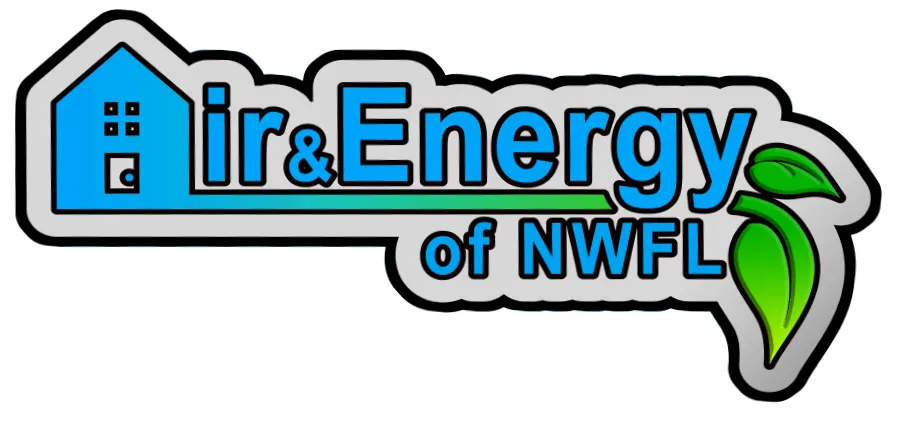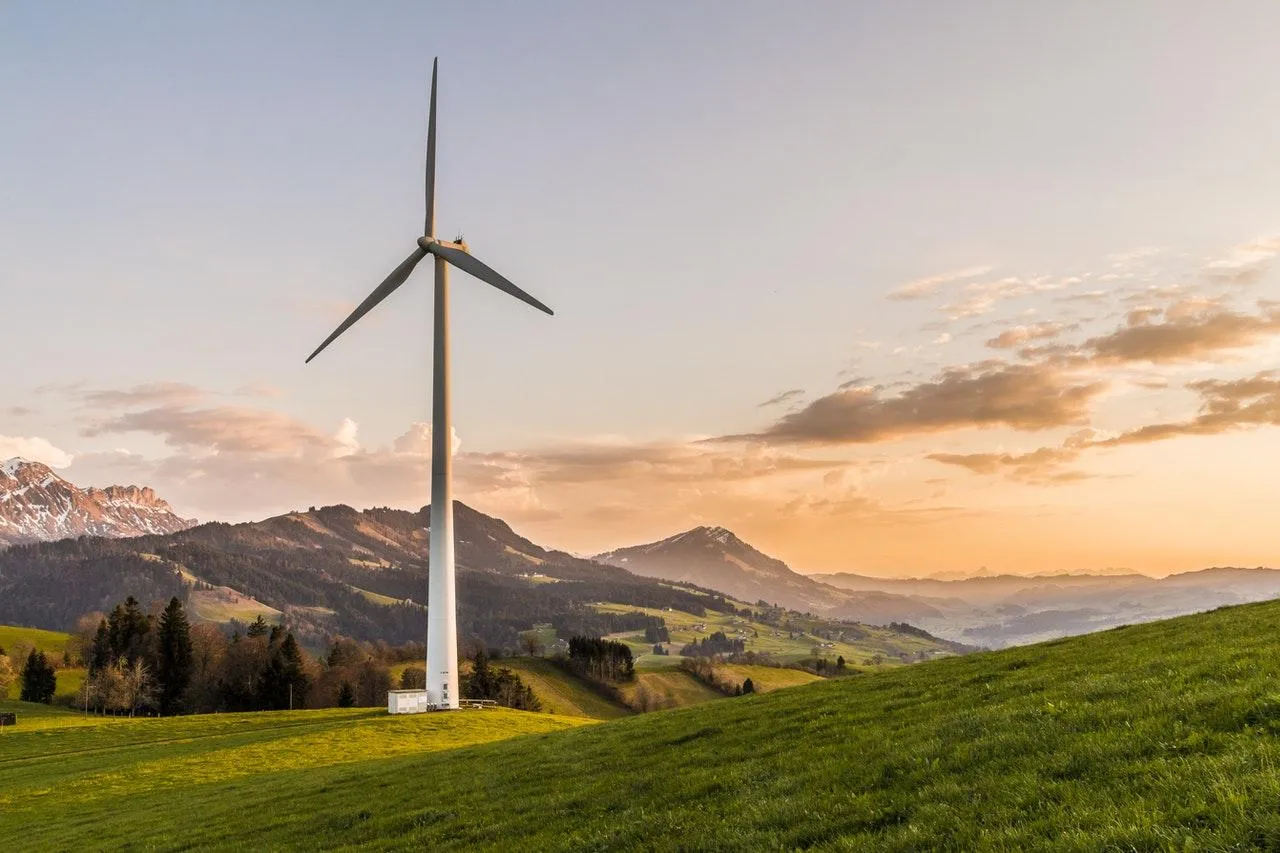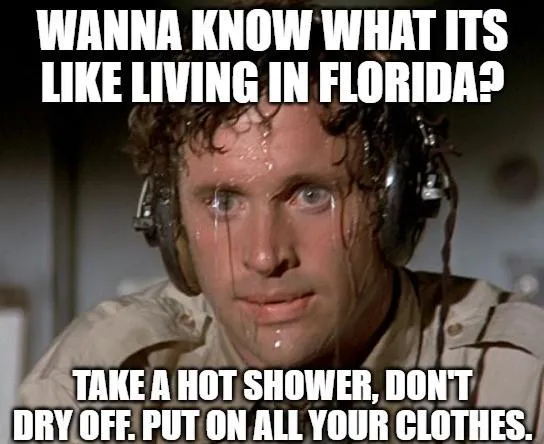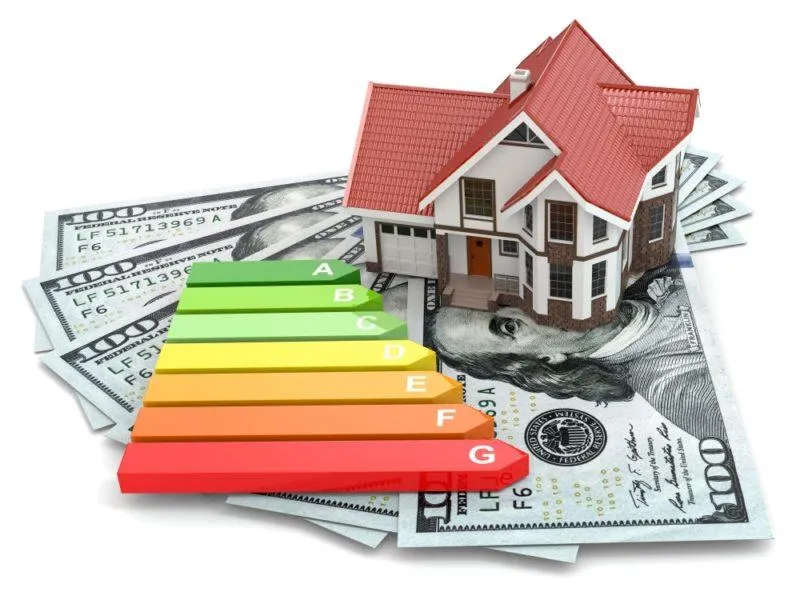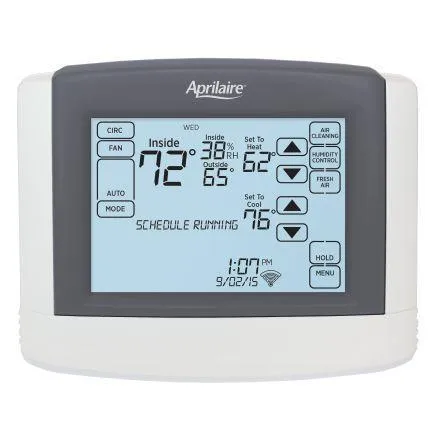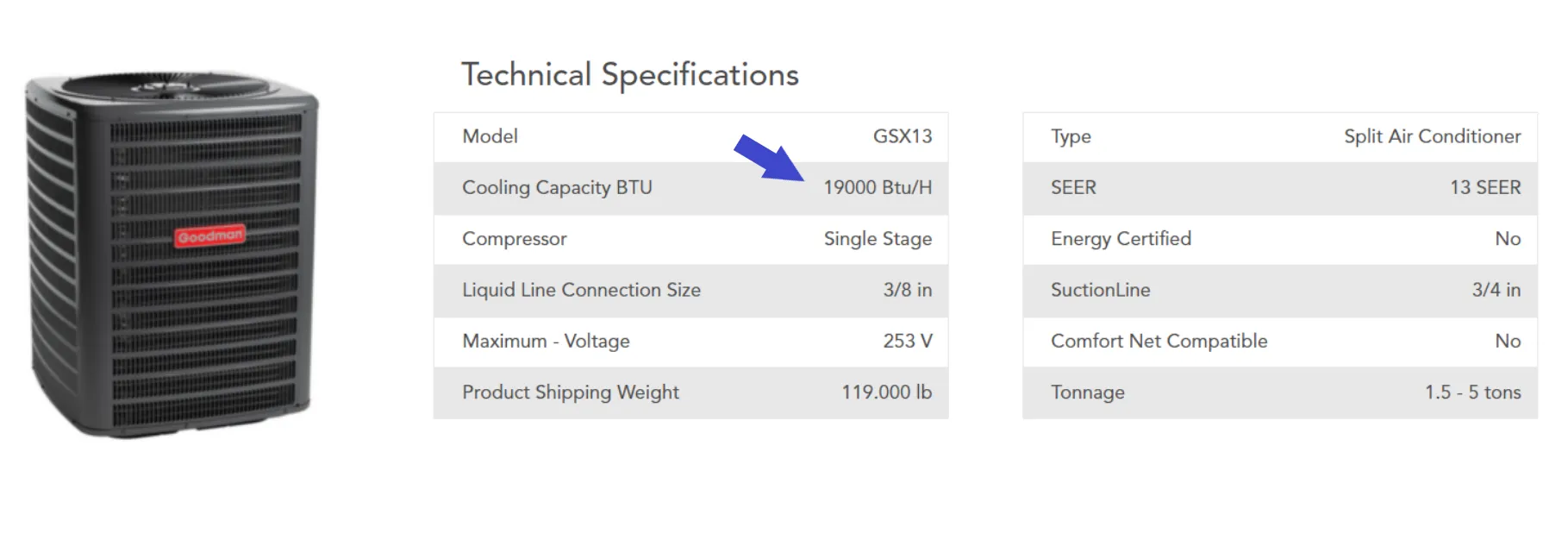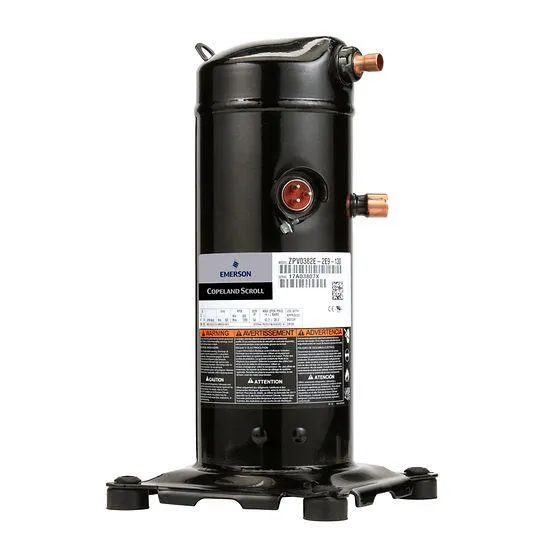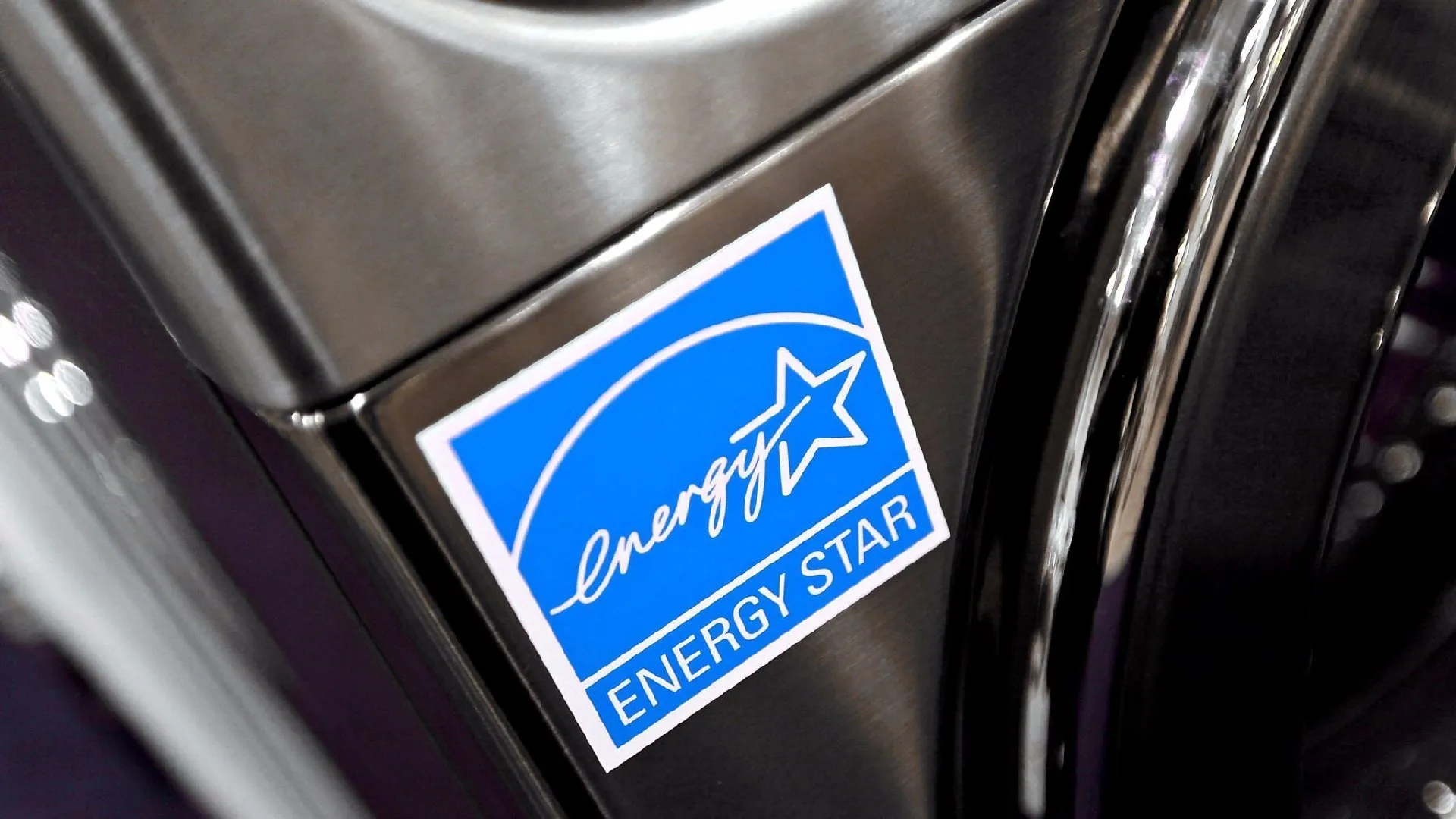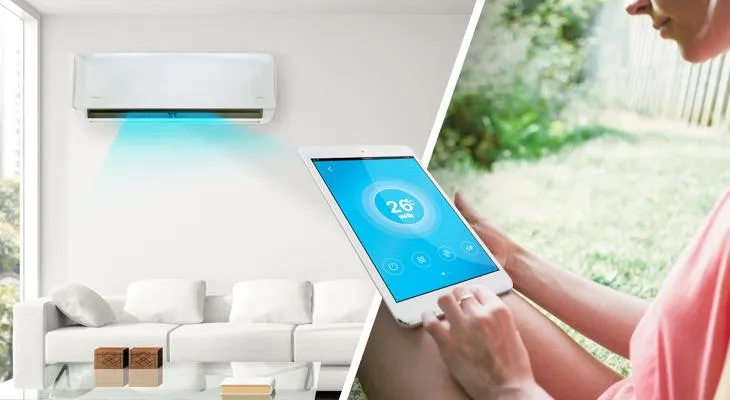Energy prices have consistently risen across the United States in the last few years. If you live in Florida, you may be more affected by this rise than most.
The average electricity bill in the Sunshine State is some way above the overall U.S. average.
Part of the reason people spend more on energy in Florida is due to the state’s subtropical climate.
As any Floridian will tell you, there are not many things that are more essential to getting
through the sweltering temperatures of the summer months than a functional air conditioning system.
However, cooling your home or workspace is not always cheap, especially with an older system with a low energy-efficiency rating.
Many people are reluctant to invest in a new air conditioning unit because of cost concerns.
However, they fail to factor into their calculations that upgrading an old energy-guzzling AC unit will soon pay for itself in savings on future energy bills.
To help you choose a new unit that will blow your old one out of the water regarding energy efficiency, here are a few things you should consider.
EER Ratings
When you visit your local Florida HVAC contractor to get advice on the best AC system for your room, you are likely to be confronted with a fair bit of industry jargon that you may not be familiar with.
One of the terms that make up this jargon is ‘EER’, which stands for ‘energy-efficiency ratio’.
EER provides a ratio of electricity input in Watts to useful cooling output. The useful cooling output is measured per hour in British Thermal Units (BTU).
The higher the EER of an air conditioning unit, the greater the cooling effect for every Watt of electricity it uses up.
Features to Look For in an Energy-Efficient Air Conditioning Unit
Now that we know the theory behind EER ratings, it is time to look at a few features of AC units that can help to ensure that they rate high in EER and low in running costs.
1. Programmable Temperature Settings
We all know the unwelcome feeling of freezing up in the middle of the night because of an overactive AC.
Equally familiar will be the unpleasant experience of arriving home to a house that seems hotter inside than it is outside.
If you invest in an AC unit that allows you to program in your own temperature settings, inconveniences such as those mentioned above will be a thing of the past.
Greater control over temperature programming will also help you save energy by cutting down when your AC is operating unnecessarily.
2. Adequate Capacity
Another factor that will affect the energy efficiency of your AC unit is capacity. It is important to make sure that your AC is well-equipped to cool the room or area in which it is installed.
A unit that is too small will have to work overtime to cool the room, using much more energy in the process. If your unit is too large, it will create an environment that is cool but also damp.
Each unit will come with a BTU (British Thermal Unit) rating designed to judge the size of the room that it can adequately cool.
To calculate the BTUs that you will need from your unit, you first need to work out the room area in square feet that you want the system to cool. When you know the area, you can use a BTU chart to calculate the unit size you need.
Make sure that you are aware that the BTUs needed to cool a room traces an exponential curve.
For instance, a 150-square-foot area will need a unit that generates 5,000 BTUs, while a 450-square-foot-room will need one that generates 10,000 BTUs.
3. Variable-Speed Compressors
One clear advantage that newer AC units have over their older counterparts when it comes to energy efficiency is their use of variable-speed compressors.
Whereas older units were designed to maintain a ‘constant’ temperature by switching their fans on and off when temperatures fall or rise above a certain level, units that run using variable-speed compressors simply slow down or speed up in reaction to small temperature changes detected by a thermostat.
This allows them to maintain a much steadier temperature, which, in turn, means that much less energy is required to keep a balance between hot and cold.
4. ENERGY STAR® certification
When looking for a new air conditioning unit, it is a good idea to restrict your search to those which have an energy-efficiency certification.
The purpose of ENERGY STAR® is to promote energy efficiency. This program is the best known energy-efficiency certificate for air conditioning units in the United States today.
By choosing a unit that is certified, you can be sure that you are choosing one which meets the highest standards of energy efficiency.
5. WiFi Connectivity
Many of the higher-end air conditioning units on the market today have WiFi connectivity.
This feature provides a boundless potential for energy saving. It means that you can access your AC and all its settings remotely via a mobile app.
Having remote access to your AC allows you to turn it on and off just in time for when you arrive home. It also allows you to turn the system off if you forget to when you leave the house or office.
On top of this, mobile apps also supply detailed feedback on energy usage and efficiency, giving you greater control over your energy use.
Conclusion
You may not be fully aware of how much more your AC system is costing you than a more modern unit would. In many cases, the cost of installing a new energy-efficient unit is rapidly made up of energy bill savings in a relatively short period of time.
Upgrade your system today to ensure that your AC is as friendly to the environment as it is to your wallet.
Call Air & Energy of NWFL today to arrange a free quote.
This article was written by:
Co-founder and Home Comfort Specialist
